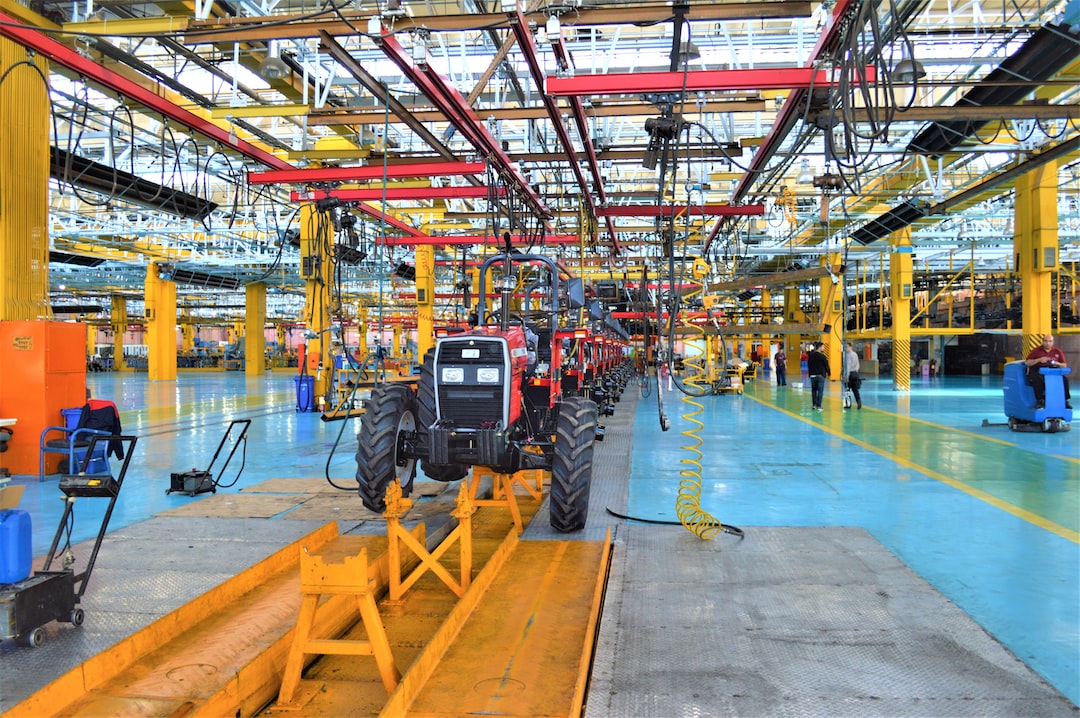Exploring the Concept of Lean Manufacturing and Its Benefits
In today’s fast-paced business world, companies are constantly seeking ways to improve efficiency and reduce waste in order to stay competitive. One concept that has gained widespread popularity is lean manufacturing. Lean manufacturing is a systematic approach that aims to eliminate waste in all aspects of the production process, ultimately leading to improved productivity and increased customer satisfaction. In this blog post, we will explore the concept of lean manufacturing and discuss its numerous benefits.
At its core, lean manufacturing is about creating more value for customers with fewer resources. This is achieved by identifying and eliminating activities that do not add value to the final product or service. These non-value-adding activities are referred to as waste, and lean manufacturing seeks to minimize or eliminate them entirely. There are seven types of waste in lean manufacturing: transportation, inventory, motion, waiting, overproduction, overprocessing, and defects.
Transportation waste refers to the unnecessary movement of materials, products, or equipment. By optimizing the flow of materials and eliminating unnecessary transportation, companies can reduce costs and improve overall efficiency. Inventory waste occurs when companies hold excessive amounts of raw materials, work-in-progress, or finished goods. This ties up capital and increases the risk of obsolescence or damage. Lean manufacturing suggests implementing just-in-time production strategies to minimize inventory waste.
Motion waste refers to any unnecessary movement of workers or equipment. By reorganizing workstations and improving layout, companies can minimize motion waste and improve productivity. Waiting waste refers to the time spent waiting for materials, information, or equipment. Lean manufacturing advises companies to implement better communication channels and synchronize the production process to reduce waiting waste.
Overproduction waste occurs when companies produce more than what is currently demanded. This leads to excess inventory, increased lead times, and unnecessary costs. Lean manufacturing encourages companies to produce only what is needed at the moment, aligning production with customer demand. Overprocessing waste refers to performing activities that are not required by the customer or using more expensive resources than necessary. By identifying and eliminating overprocessing waste, companies can reduce costs and improve efficiency.
Lastly, defects waste refers to any product or service that does not meet customer specifications. Defects waste leads to rework, scrapped products, and dissatisfied customers. Lean manufacturing emphasizes the importance of quality control and continuous improvement to reduce defects and improve overall product/service quality.
Implementing lean manufacturing principles can bring numerous benefits to companies. One of the major benefits of lean manufacturing is increased productivity. By eliminating waste and improving efficiency, companies can produce more output with the same amount of resources. This results in higher productivity levels and increased profitability. Lean manufacturing also enhances product/service quality by focusing on eliminating defects and improving processes. This leads to higher customer satisfaction and loyalty.
Another significant benefit of lean manufacturing is reduced lead times. By minimizing waiting waste and aligning production with customer demand, companies can shorten the time it takes from order placement to product delivery. This agility allows companies to respond quickly to changing market demands and reduces the risk of excess inventory or obsolescence. Additionally, lean manufacturing helps companies reduce costs by eliminating waste. By reducing transportation, inventory, motion, waiting, overproduction, overprocessing, and defects, companies can significantly reduce costs and improve their bottom line.
Furthermore, lean manufacturing fosters a culture of continuous improvement within organizations. It encourages employees to constantly look for ways to eliminate waste and improve processes. This leads to a more engaged and motivated workforce, as employees feel empowered to make suggestions and contribute to the company’s success. Additionally, the principles of lean manufacturing can be applied to various industries, not just manufacturing. Service-oriented industries such as healthcare, logistics, and software development can also benefit from implementing lean principles.
In conclusion, lean manufacturing is a concept that aims to eliminate waste and improve efficiency in all aspects of the production process. By focusing on value-adding activities and eliminating all forms of waste, companies can enhance productivity, reduce lead times, improve product/service quality, reduce costs, and foster a culture of continuous improvement. Lean manufacturing principles can be applied to various industries and have proven to be highly effective in creating value for customers with fewer resources. Implementing lean manufacturing can be a game-changer for businesses looking to stay competitive in today’s rapidly evolving market.

